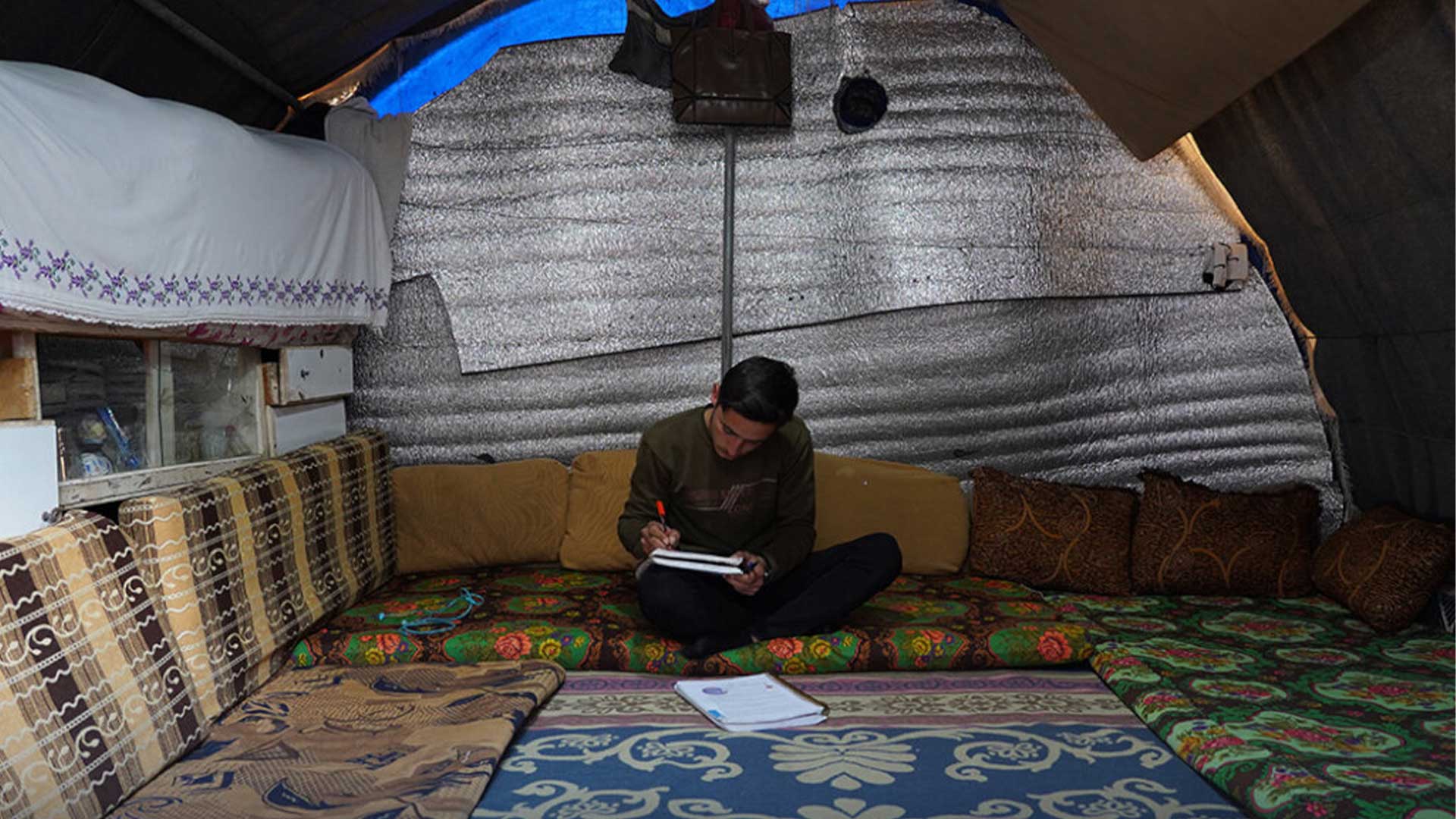Both profit-driven and humanitarian organizations recognize the importance of self-development in the workplace, as it not only benefits the employees but also aids these organizations in achieving their goals in an optimal and faster manner.
For high efficiency, each employee must have a clear vision of their personal development path and receive support from their management to motivate them and provide necessary facilities.
Research conducted by the Chartered Institute of Personnel and Development reveals that 15% of organizations in the United Kingdom plan to increase opportunities for self-development at work, while more than half have already allocated about 10% of their training budget to this purpose.
Why develop skills at work?
It’s not surprising that organizations focus heavily on self-development when considering the benefits it brings, as it improves employee performance and skills, and creates a workforce that thrives upwards, benefiting both materially and morally for these organizations.
A Gallup poll shows that 70% of employees in the United Kingdom felt disconnected from work at some point, with the main reason being the lack of recognition of their achievements and generally feeling undervalued and the absence of adequate training programs to develop their expertise.
Setting achievable goals for the workforce increases their skills and interests and builds their confidence, leading to maximizing the employee’s value, as their skills are continuously updated, enabling organizations to improve more from within without the need to hire new which increases financial burdens.
What is the importance of job satisfaction for employees?
Job satisfaction is one of the most important factors affecting the performance and behavior of employees at their workplace, and there are several reasons that highlight the importance of this aspect:
Effective Productivity
Job satisfaction contributes to increasing the productivity of employees, as they are more dedicated and creative in performing their tasks when they feel satisfied and comfortable in the work environment.
Commitment and Belonging
A satisfied employee is more connected to their organization and its goals, and this belonging drives them to make extra efforts and contributes to building a strong organizational culture.
Mental and Psychological Health
Job satisfaction is a significant factor in an employee’s psychological and mental health, affecting happiness and stability at work and positively impacting stress and work pressure levels.
Creativity and Innovation
Satisfied employees are more prepared to offer new ideas and contribute to creativity in a work environment that encourages creative thinking.
Stability and Continuity
Job satisfaction aids in achieving stability, as it reduces the rate of employee turnover and enhances their continuity at work.

Research by the Good Habitz learning platform shows that 65% of employees in Europe believe that a lack of personal development represents a significant barrier in the workplace and a valid reason to seek a new job, with 70% of current employees stating they would be happier in their current jobs if they had more opportunities for growth and development.
What resources can you use?
There is no “one size fits all,” and what works for one person may not work for another. When setting self-development goals for the team, we must align with the needs of the organization and the role each member plays within it.
There are a variety of resources that can be used in employee development plans including:
Training and Development Courses
- External study courses: such as universities or recognized training institutes.
- Online courses: offering a wide range of diverse topics.
- Workshops and Seminars: covering specific areas and providing direct interaction.
Educational Materials
Books and articles: providing new ideas and techniques and deep knowledge in various fields.
Blogs and websites dedicated to personal and professional development: offering daily valuable and beneficial articles and tips in all areas.
Consultations and Mentors
Personal trainers or professional mentors: can guide and assist employees in setting their goals and developing their skills.
Practical Experiences
Internal projects: providing opportunities for the employee to apply knowledge and develop skills within the actual work environment.
Professional Networking and Interaction
Participation in professional communities: such as forums and professional associations that allow for the exchange of experiences and ideas.
Volunteer and Motivational Activities
Participation in personal development events: such as challenge contests or group activities that enhance competitive spirit and stimulate learning.
Using these resources systematically and balancedly contributes to the development and enhancement of employee skills and increasing productivity in the workplace, benefiting them and the organization they work for with continuous development.
Can collaborative work help in self-development?
Collaborative work or cooperation in the work environment is an effective way to develop oneself, and collaborative work aids in the personal development of employees in several ways:
Knowledge and Experience Exchange: When working in a team, you have the opportunity to exchange knowledge and experience with colleagues, allowing for the development of new skills and a better understanding of other areas.
Motivation and Encouragement: When individuals collaborate, they can encourage each other and support building trust and mutual respect, contributing to performance motivation and goal achievement.
Enhancing Communication Skills and Teamwork: Working within a team develops effective communication skills and the arts of teamwork, conflict management, and problem-solving within the work environment.
Expanding Creative Inputs: Working in a group can stimulate the exchange of ideas and shared creative thinking, leading to multiple inputs for problem-solving and developing new ideas.
Building Relationships and Social Networks: Collaborative work allows for building strong relationships with colleagues and work partners, which can be beneficial in developing a professional relationship network.
In general, collaborative work provides a rich environment with opportunities to enhance oneself and develop personal and professional skills, as well as enhance collective achievements that contribute to the personal and professional growth of individuals and thus benefit the organizations.
Personal and professional development of an employee is a continuous and sustainable process, and it requires commitment to continuous learning and working on developing a variety of skills. By adopting these strategies, an employee can achieve excellence in their field of work and contribute to the overall success of the company.
Never underestimate the importance of self-development in the workplace when it comes to employee satisfaction and engagement, and the goals of developing employees should be measurable, achievable, and relevant, ensuring benefit to both the employee and the organization.
Author: Fouad Al-Daik – HR and Logistics Manager at Masarat Initiative
Sources:







